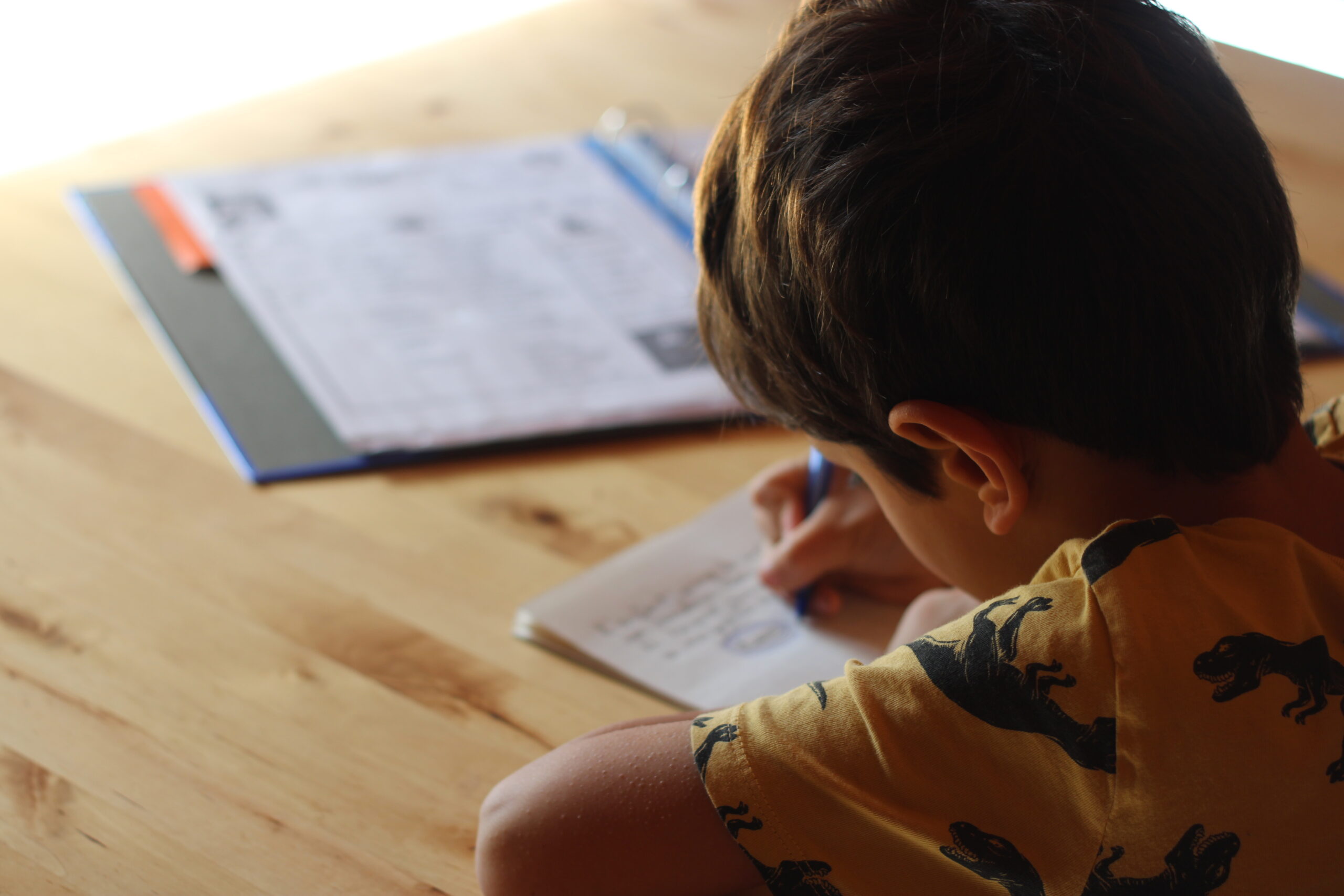Work Starts at Home
When I think about where I first learned about work ethic, it wasn’t in school or at my first job — it was at home. My parents built a childcare center from the ground up when I was just a toddler. They didn’t inherit a business or buy something already running. They built it themselves and kept it going for 30 years. I saw them up early, working long days, handling problems, helping people, and putting their whole hearts into it. That left a mark.
Now that I’m a dad, I think a lot about how to pass that same work ethic on to my kids. But I also know kids don’t want to hear speeches about “working hard” or “earning your keep.” They want to see it. They want to feel it. That’s why I believe the best way to teach work ethic is by living it, not preaching it.
Leading by Example
I work at a car dealership detailing vehicles, and I take pride in doing the job right. Some folks might overlook that kind of work, but to me, it’s an opportunity to show my kids something important: that it doesn’t matter what job you do — it matters how you do it.
When they see me come home tired but still with a sense of accomplishment, or when they hear stories about the extra responsibilities I take on around the shop, I know it’s teaching them something. It’s showing them that even if the job isn’t glamorous, it still deserves effort, attention, and respect.
When I was a kid, my dad was also my soccer coach. He wasn’t getting paid for that — he just cared. He showed up, he pushed us, and he expected us to bring our best. That stuck with me. I want my kids to see me showing up in the same way, whether it’s at work or at home.
Letting Them Help, Letting Them Try
I don’t force my kids to work, but I invite them to be part of what I’m doing. If I’m washing the car, they help rinse it down. If I’m organizing tools in the garage, they’re right there handing me wrenches. Sometimes it slows me down, sure, but that’s not the point. The point is letting them feel what it’s like to contribute.
When they mess up, I don’t jump in right away to fix it. I let them figure it out. That’s part of building confidence and responsibility. I want them to understand that effort matters more than perfection.
It’s those little everyday things — folding laundry, feeding the dog, helping clean up after dinner — that plant the seeds. If they grow up seeing responsibility as a natural part of life, not something they’re yelled into doing, they’re more likely to carry it with them when they leave home.
Respecting All Kinds of Work
One thing I’ve always believed is that no job is “beneath” anyone. My brother sold cars. My sister was a teacher before becoming a full-time mom. I’ve worked maintenance, taught kids after school, and now I detail cars. Every one of those roles takes commitment. Every one of them serves a purpose.
I talk to my kids about that — not in long speeches, just in passing, when it makes sense. Like when we’re at a restaurant and I mention how hard the servers work, or when we’re watching a movie and I point out how many people work behind the scenes. It’s about planting small reminders that hard work is everywhere — not just in offices or on TV.
Celebrating Effort, Not Just Results
Kids these days are surrounded by a world that loves trophies, likes, and going viral. But in real life, effort counts more than applause. I try to make a big deal out of effort at home — when my kids study hard, when they help their siblings without being asked, when they keep trying at something even if they don’t get it right away.
It’s easy to get caught up in only celebrating “wins,” but life isn’t just about winning. It’s about showing up, putting in the work, and treating people right. That’s what I praise, and that’s what I try to live by myself.
Making Time for Talk (and Listening)
Even though I’m not the lecture type, I do think it’s important to talk with my kids about what they’re experiencing. Sometimes, when we’re driving or sitting around after dinner, they’ll open up about a challenge at school or something they’re frustrated with. That’s when I try to connect it to work ethic — not with a big lesson, but just by sharing a little story from my own life.
Like how I had to retake part of my tinting class when I didn’t get it the first time. Or how it took me a few tries to really master detailing interiors. I let them see that struggle is normal — and that it’s what you do next that counts.
The Long Game
At the end of the day, I know I won’t always be able to control the choices my kids make. But I can give them the tools. I can model what steady work looks like, what responsibility feels like, and how it all connects to being a good, solid person.
They might not realize they’re learning these lessons right now. But one day, when they’re facing a tough job or raising kids of their own, I hope something clicks. I hope they remember watching their dad come home tired but proud, hearing their mom talk about giving back, and feeling the value of doing something — anything — with care.
That’s what I mean when I talk about raising good humans. It’s not about being perfect. It’s about doing your best and treating every job, big or small, like it matters. Because it does.
